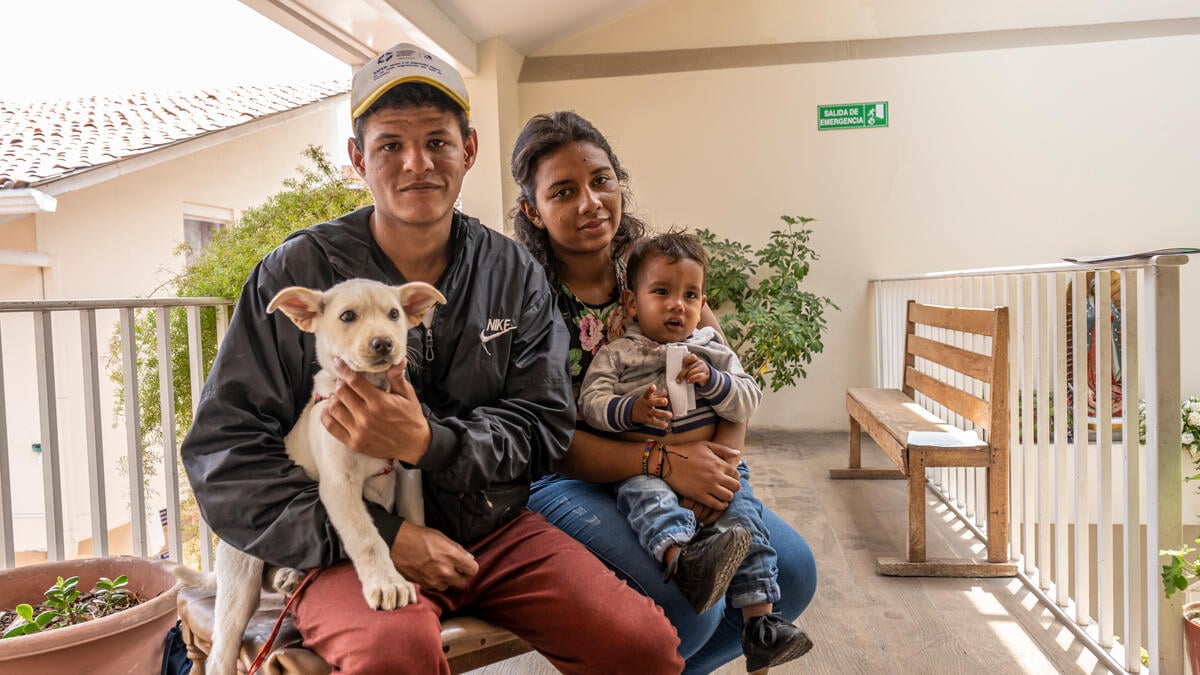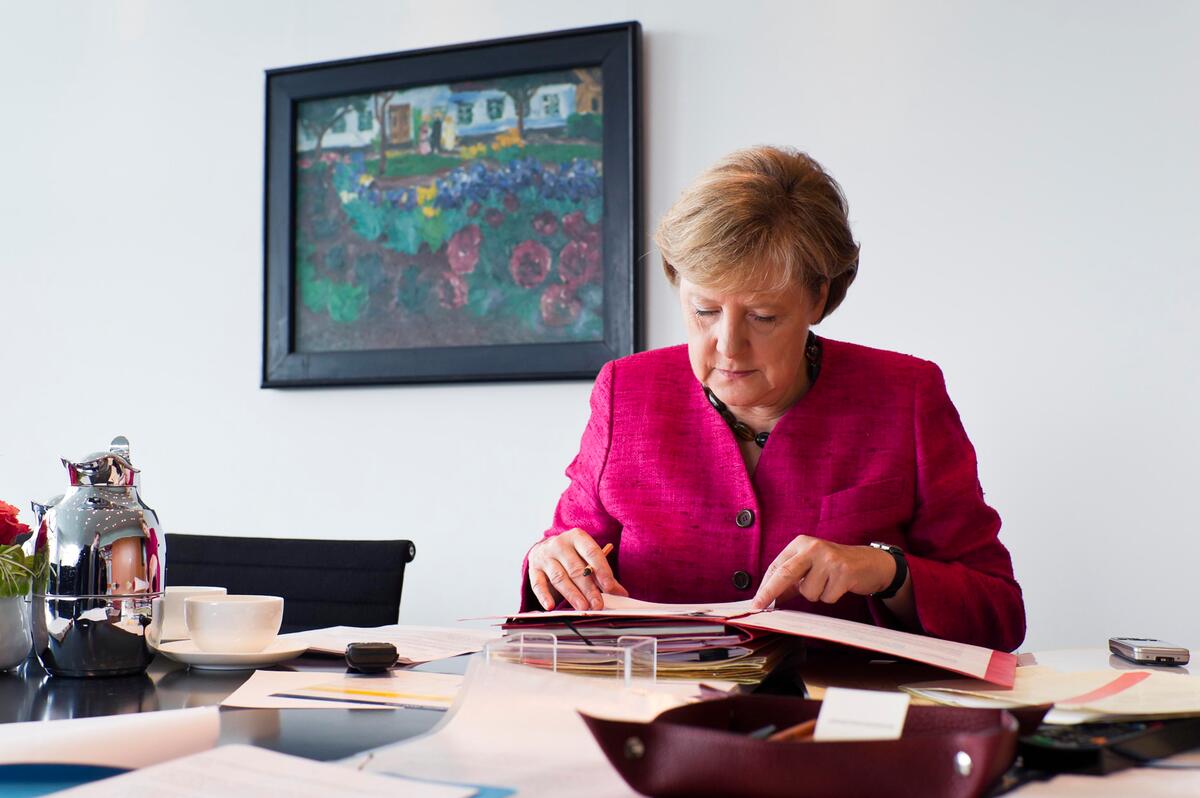Cooking to survive

Cooking to survive
When one of Lebanon's most famous food visionaries and restaurateurs, Kamal Mouzawak, saw the Syria crisis spill into his own backyard, he vowed to do something.
Last year, he created Atayab Zaman, "The Delicious Past," a culinary training program that empowers refugee women to provide for their cash-strapped families through dishes they've been cooking and eating their entire lives.
With support from the UNHCR and Caritas, around 20 women participated in the training program last year. Most are now cooking dishes for Mouzawak's restaurant, Tawlet, and UNHCR's cafeteria, although Mouzawak hopes to raise enough money to give the women their own space.
Mouzawak, whose motto is "Make Food, Not War," says he hopes to showcase the women's strength through their country's rich culinary tradition. On the third anniversary of the Syrian conflict, six of the women reflected on their journeys, each weaving a tale of courage and perseverance. Each dish charts a soulful narrative and quest for sustenance – a passionate protest of the status quo, and a hope for a fuller tomorrow.

"I want to be the Top Chef, the Master Chef of Syrian refugees."
Nahrein Abdal, 37, fled Hassakeh 14 months ago with her children. "The concept of fear was foreign to us," she says. "Then it became us and it hasn't left us. We left Syria, but Syria hasn't left us… The trouble is following us." Nahrein, vivacious and vibrant, tries to shake the thought, and sprinkles pomegranate seeds over her meat dish while shaking her hips to an imaginary beat.
"I want to work more, I want to cook more," she says as she proudly presents her colourful tray while kicking her up leg. "I want to be the Top Chef, the Master Chef of Syrian refugees."

Rasha Mhemid, 31, fled Homs with her husband and four children in private taxi to Beirut. She thought they'd only be gone for five months – a temporary departure, an extended holiday, as she explained it to her children. But she has only recently accepted the reality of building new lives from scratch.
"Now our neighbourhood is closed," she says. "They can't get out and we can't even reach them by phone." She says she used to cry every day, but cooking has given her something to do – a way to keep her mind off the crisis, a passion to keep her looking ahead and not behind. "Before the program, I had no friends. Now I have sisters. I still cry, but not as much."

In February 2013, Ibtisim Masto, 34, and her husband packed their six children on an overcrowded bus in Idlib and headed for Damascus, where they waited for another bus to Beirut. "I miss everything, even the air we breathed in Syria," she says. "We were suffocating from fear there, but now we are suffocating with longing."
Ibtisim didn't know what she was signing up for when she saw the flyer about the cooking program. "I thought I might learn something. I didn't think I had something to give," she says. "But this gave me hope. Before, I felt rejected, like I was a burden in Lebanon. Then suddenly I was contributing and not just taking."

Marleine Youkhanna, 40, from Hassakeh, came to Lebanon last August with her husband and three children. They brought with them 20 years of their savings – money they saved for their children's education, hoping they would be the first in their family to go to college. But Marleine knows there will come a time when the money runs out.
"That's why I'm striving for self-improvement," she says, hovering over her Assyrian meatballs. "That's why I want to cook for the whole country."
Marleine, a Christian, says she sees no hope that the war will end anytime soon. But like the other women, she doesn't buy into the ironclad sectarian divisions painted to simplify the complex – convenient short-hands to make sense when "nothing makes sense."
"Before I left Syria, I gave the key to my house to my Muslim neighbour," she says. "He'll watch over it… He'll protect it."
She says she remembers when Iraqis came to Syria to escape the war back in 2003. She cooked for them, and even temporarily hosted a few in her home. She never thought she'd be in their position ten years later.
"It's all hard," she says, rearranging her hairnet. "But you cannot wait for things, for blessings to come to you. You have to run to them."

Mariam Al Bakkour, 31, left Aleppo with her husband and four children a year and a half ago. Like the others, she kept telling herself the fighting would soon end. "Each night, I'd tell my children not to worry, that tomorrow would be better."
"We called ourselves Syrians, not Sunni."
But when she woke up to military tanks surrounding and shooting at her building, she started packing their bags. They waited six hours for a ceasefire between the government and fighters, and fled. She says she never really knew the difference between Sunni and Shia until the start of the war. "We all played together as children," she said. "We called ourselves Syrians, not Sunni."
She says she hopes to cook more so she can move her family into a bigger home. Right now, six of them are cramped together in one small room. "I sometimes have to hang my children's laundry on top of them as they play," she says. "That's no childhood. I'm embarrassed."















